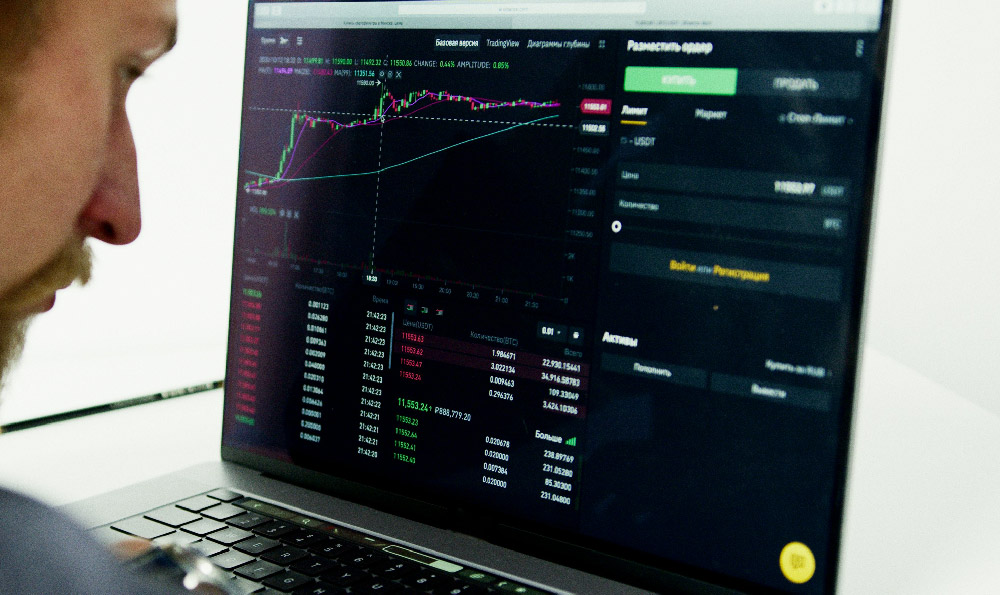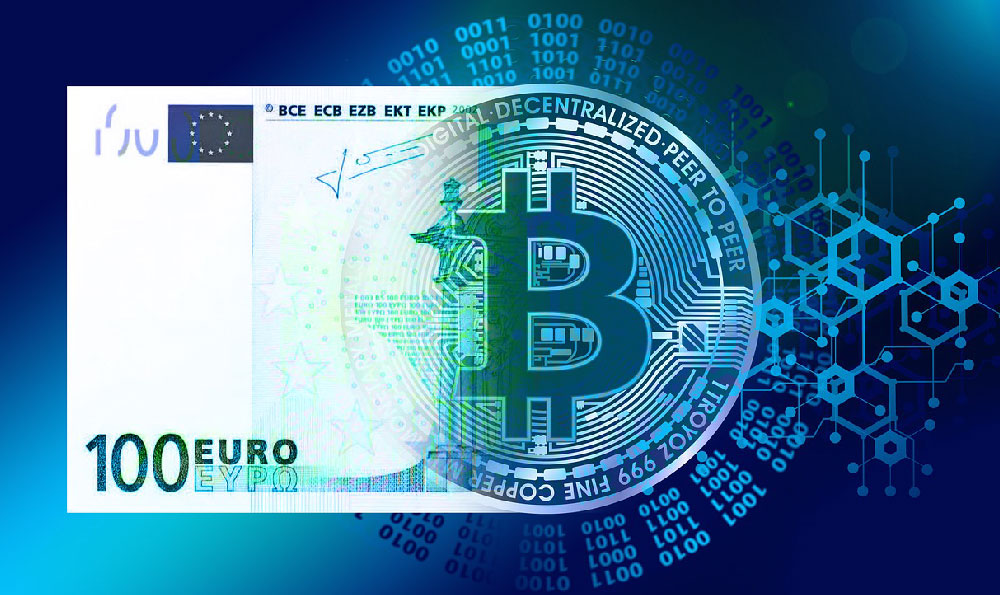Okay, I understand. Here's an article addressing the potential of investing in XRP, keeping in mind your requirements:
Navigating the Ripples: Evaluating XRP as a Potential Investment
XRP, the digital asset native to Ripple Labs, has consistently sparked debate within the cryptocurrency community. Its potential as an investment is a complex question, requiring a thorough understanding of its technology, its regulatory hurdles, and its market dynamics. Approaching this potential investment requires a balanced view, avoiding both blind optimism and unwarranted dismissal.

XRP differs fundamentally from Bitcoin and many other cryptocurrencies that aim for decentralization. Ripple Labs, a privately held company, created XRP to facilitate faster and cheaper cross-border payments. This is the core proposition: XRP acts as a bridge currency, allowing financial institutions to bypass the traditional, slow, and expensive SWIFT system. Instead of needing correspondent banking relationships, institutions could use XRP to quickly convert one currency to another, saving both time and money. This efficiency is the cornerstone of XRP's potential value.
The appeal of this cross-border payment solution is readily apparent. Traditional international transfers can take days to complete and involve significant fees levied by multiple intermediaries. Ripple claims its technology, using XRP, can reduce transaction times to mere seconds and significantly lower costs. For businesses and individuals who frequently engage in international transactions, these benefits could be transformative. Several financial institutions, including some notable banks, have partnered with Ripple to explore and implement its technology, though many are using Ripple's other products and not necessarily XRP directly. This highlights a crucial distinction: Ripple's technology can be used without XRP, and the success of one doesn't automatically guarantee the success of the other.
However, the journey for XRP hasn't been without its obstacles. The most significant challenge has been the ongoing lawsuit filed by the U.S. Securities and Exchange Commission (SEC). The SEC alleges that Ripple conducted an unregistered securities offering when it sold XRP. This legal battle has cast a long shadow over XRP, creating significant uncertainty and volatility in its price. The outcome of the lawsuit will undoubtedly have a profound impact on the future of XRP. A ruling in favor of the SEC could severely restrict XRP's availability in the United States and potentially discourage its adoption by financial institutions. Conversely, a ruling in favor of Ripple could provide clarity and legitimacy, potentially boosting its value and wider acceptance.
Beyond the regulatory uncertainties, the value proposition of XRP is also being challenged by advancements in other areas of the financial technology landscape. Competing blockchain projects are also vying for a share of the cross-border payments market. Furthermore, the rise of central bank digital currencies (CBDCs) could potentially offer a more direct and efficient solution for international transfers, bypassing the need for intermediary cryptocurrencies altogether. The future of international payments is likely to be a diverse landscape, and XRP will need to demonstrate a clear competitive advantage to maintain its relevance.
Another factor to consider is XRP's distribution and governance. Ripple Labs holds a significant portion of the total XRP supply. While the company has taken steps to lock up a substantial amount of XRP in escrow accounts to ensure a predictable release schedule, concerns remain about the potential for Ripple to manipulate the market by releasing large amounts of XRP. The centralized nature of XRP's governance also contrasts sharply with the decentralized ethos of many other cryptocurrencies, which some investors view as a potential vulnerability.
When assessing XRP as an investment, it is crucial to consider the overall market sentiment towards cryptocurrencies. The cryptocurrency market is known for its volatility, and XRP is no exception. Its price is heavily influenced by news events, regulatory developments, and broader market trends. Investors should be prepared for the possibility of significant price swings and should only invest what they can afford to lose.
Before making any investment decisions, thorough research is essential. Investors should carefully examine Ripple's whitepaper, follow industry news and analysis, and consult with a qualified financial advisor. Understanding the risks and potential rewards associated with XRP is crucial for making an informed investment decision.
Ultimately, whether XRP is a "smart investment" depends on an individual's risk tolerance, investment goals, and understanding of the cryptocurrency market. There is significant potential for growth if Ripple prevails in its legal battle with the SEC and its technology gains wider adoption. However, there are also considerable risks associated with regulatory uncertainty, competition from other technologies, and the inherent volatility of the cryptocurrency market. A balanced and informed approach is essential for navigating the ripples of XRP and making a sound investment decision. It's a gamble, perhaps a calculated one, but a gamble nonetheless. The potential payoff could be substantial, but the risk of loss is equally real.












